Corporate Responsibility
Our commitment to operate in a manner that minimizes our impact drives us to ensure we deliver a positive contribution to the environment, our communities, and the world at large.
We are aligned with the United Nations’ Sustainable Development Goals which recognize “that ending poverty and other deprivations must go hand-in-hand with strategies that improve health and education, reduce inequality, and spur economic growth – all while tackling climate change and working to preserve our oceans and forests.”
Climate
We also recognize the importance of identifying, assessing and managing climate-related risks and opportunities. Asset-level climate risk assessments provide a practical way to understand climate-related risks and common issues across the organization. At Mexico Pacific, we have worked with a leading sustainability consultant to review the impact of climate issues on our assets during construction and operations.
Climate-related risks (physical and transition risks) were assessed using scenario-based analysis. We have also completed an exhaustive Climate Change Risk Assessment (CCRA) exercise based on applicable guidelines including the Equator Principles (EP) and the Task Force on Climate-Related Financial Disclosure (TCFD).
Climate CCRA addressed the current and anticipated physical and transitional risks of the Project operations.
The assessment aligns with Task Force on Climate-Related Disclosures (TCFD) guidance in the following ways:
- Includes multiple future climate scenarios: SSP1 RCP2.6, a lower carbon scenario, and SSP5RCP8.5, a higher carbon scenario, utilizing four models used for climate change projections*;
Employs three-time horizons, short- (present day - 2027), medium- (2027-2040), and long-term (2040-2060), which align with key Project phases;
- Considers acute and chronic physical climate risks;
Considers likelihood, severity, and risk of the given hazard, pre- and post-mitigation
Eleven climate hazards were evaluated, with heat maps provided, to determine the likelihood, severity, and risk of the given hazardous climate event (pre- and post-mitigation). No physical risks were evaluated as significant or greater for the Project’s operations.
*INECC, 2022
Photo credit: by Katya Barrantes
Leveraging Cleaner Burning Natural Gas to Reduce Global Emissions
Natural gas has a crucial role to play in the world’s quest to achieve a cleaner energy future. At Mexico Pacific, our development philosophy is aligned with applicable Equator Principles and IFC Performance Standards. We are designing and developing our projects to achieve lower lifecycle emissions than comparable facilities around the world.
We are employing newer and more efficient liquefaction and pipeline and technologies. The natural gas we will source from the Permian Basin in the United States will have substantially lower CO2 than other supply basins around the world. And our strategic location on the West Coast of North America means we are much closer to Asian markets, which substantially reduces fuel requirements and results in 60% less shipping-related emissions.
Over the life of our Saguaro Energía LNG facility, Mexico Pacific estimates we will reduce emissions by tens of millions of metric tons of CO2 relative to U.S. Gulf Coast peers. This is equivalent to the emissions from nearly 12 gigawatt hours of coal-fired generation or from more than 22 million passenger cars each year.
Photo credit: by Katya Barrantes
